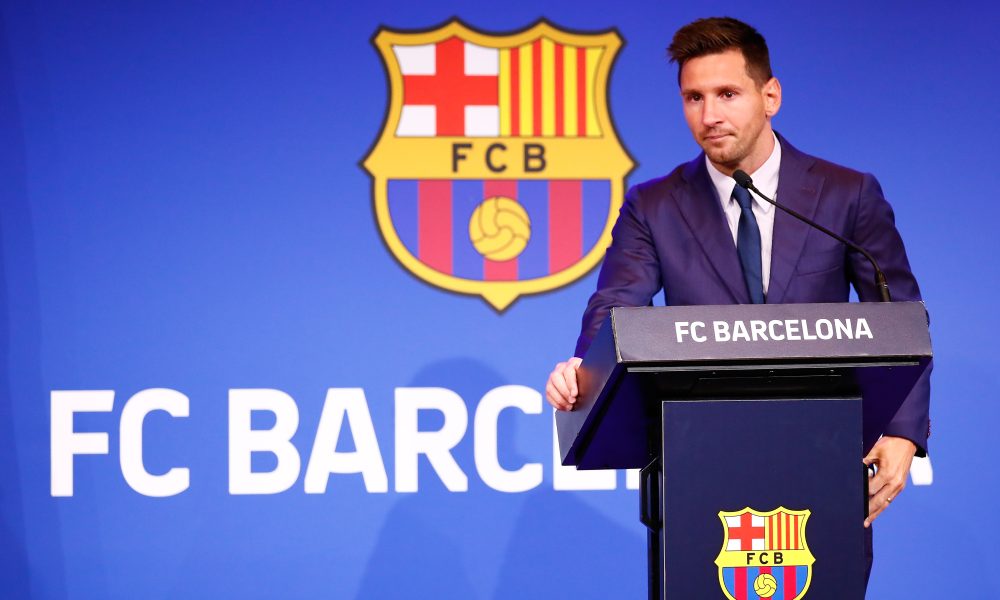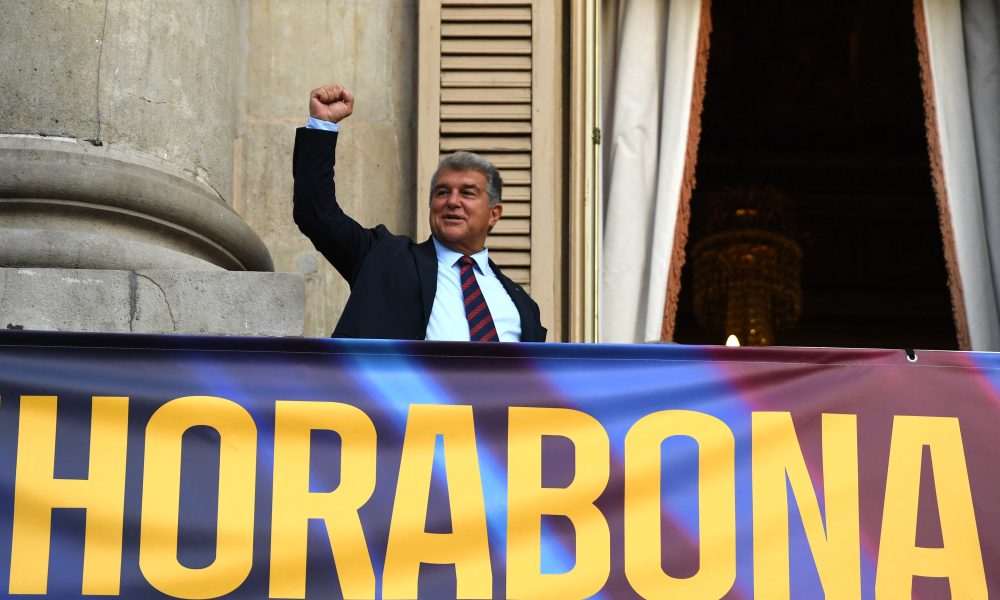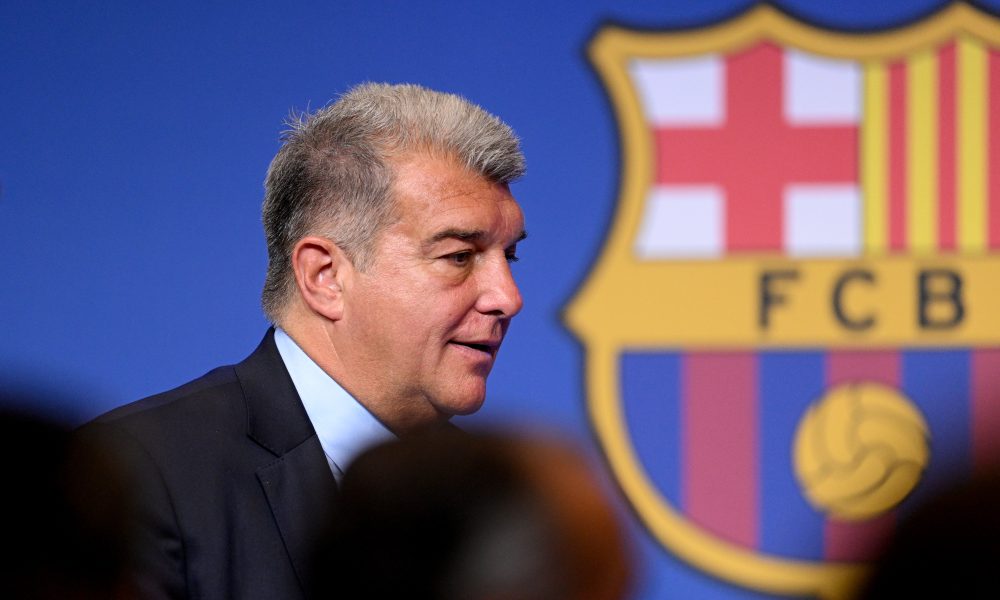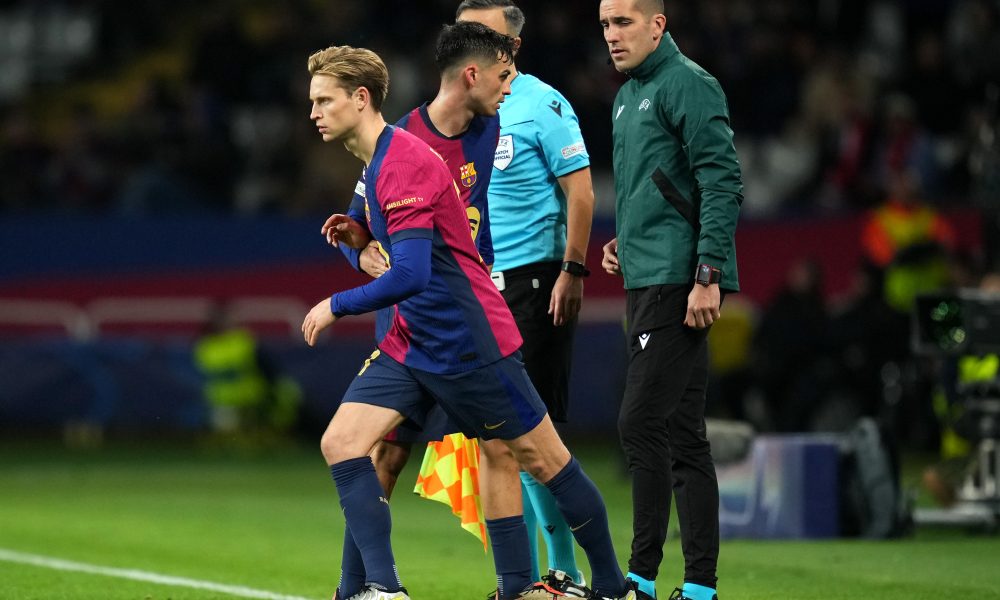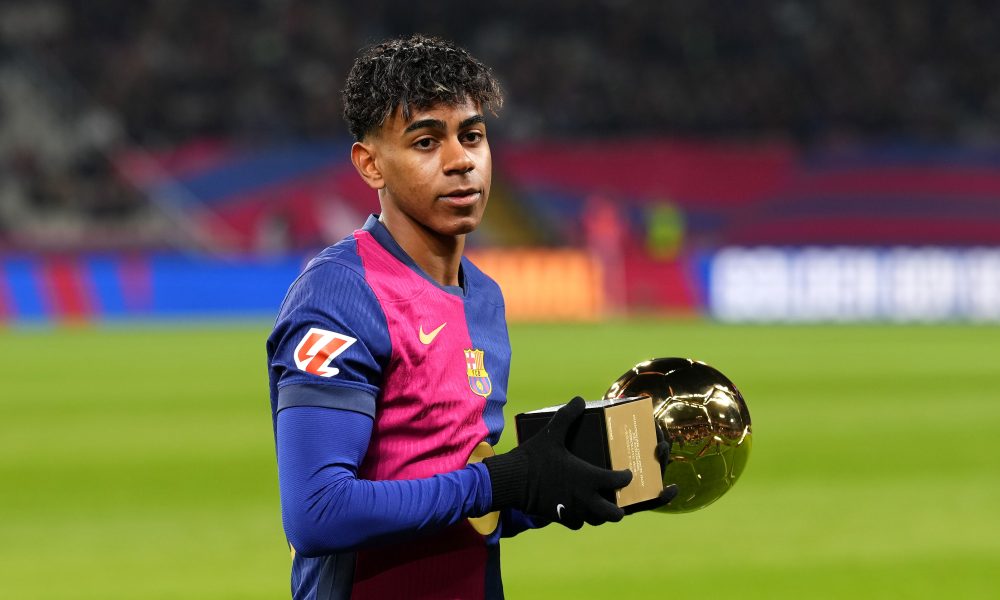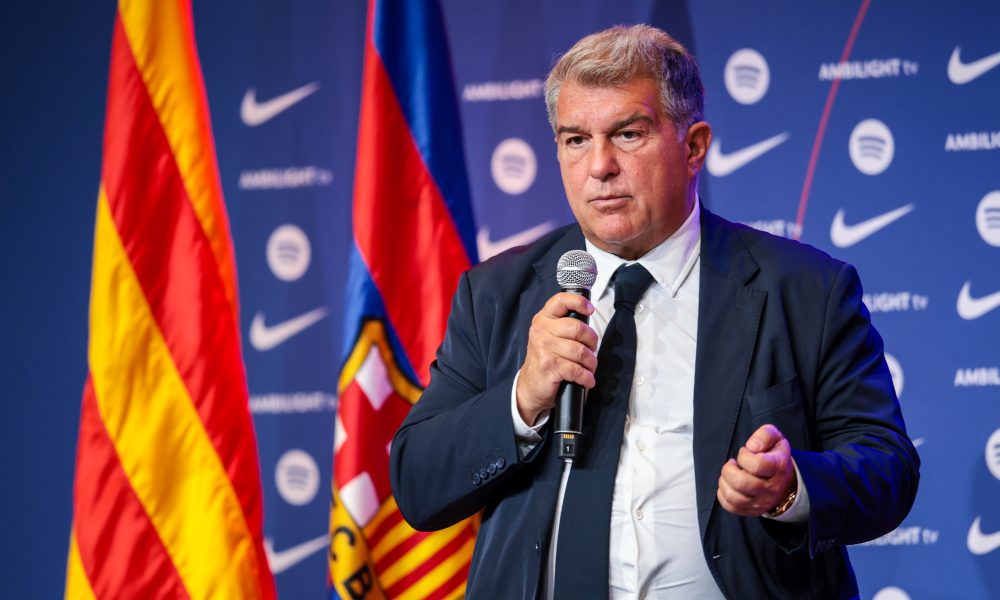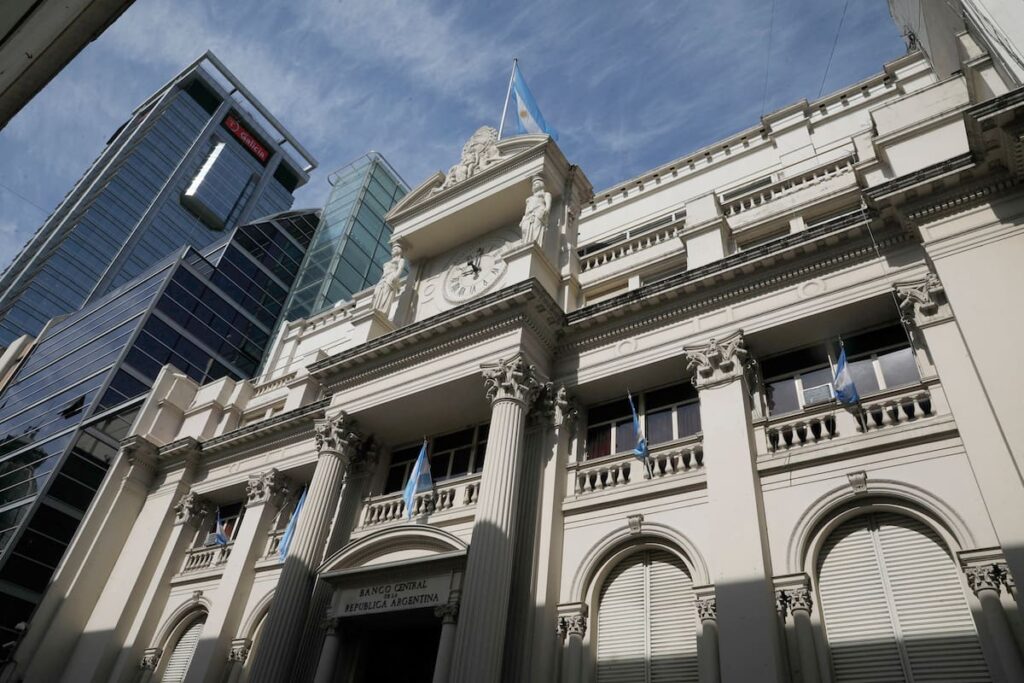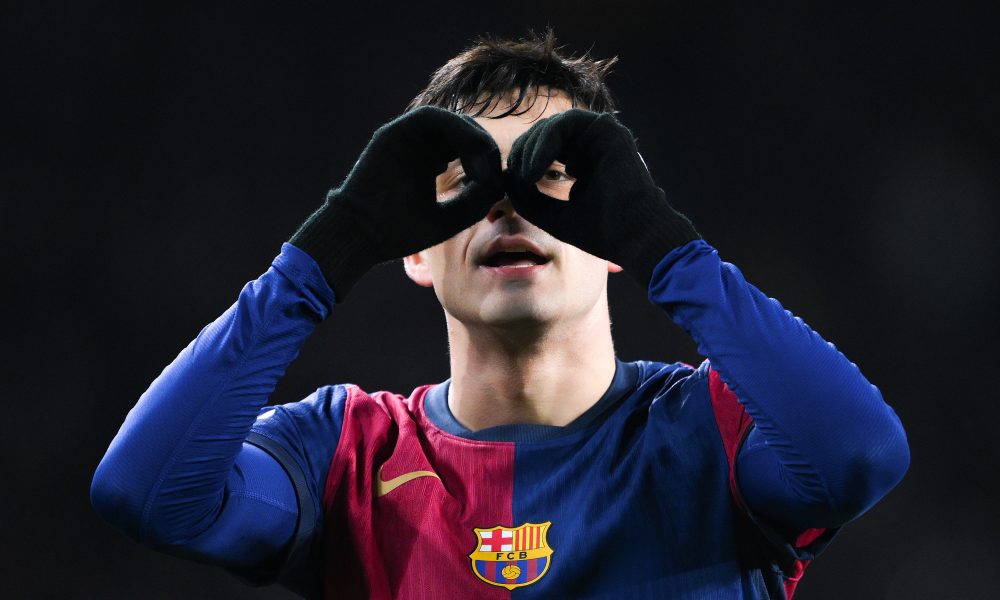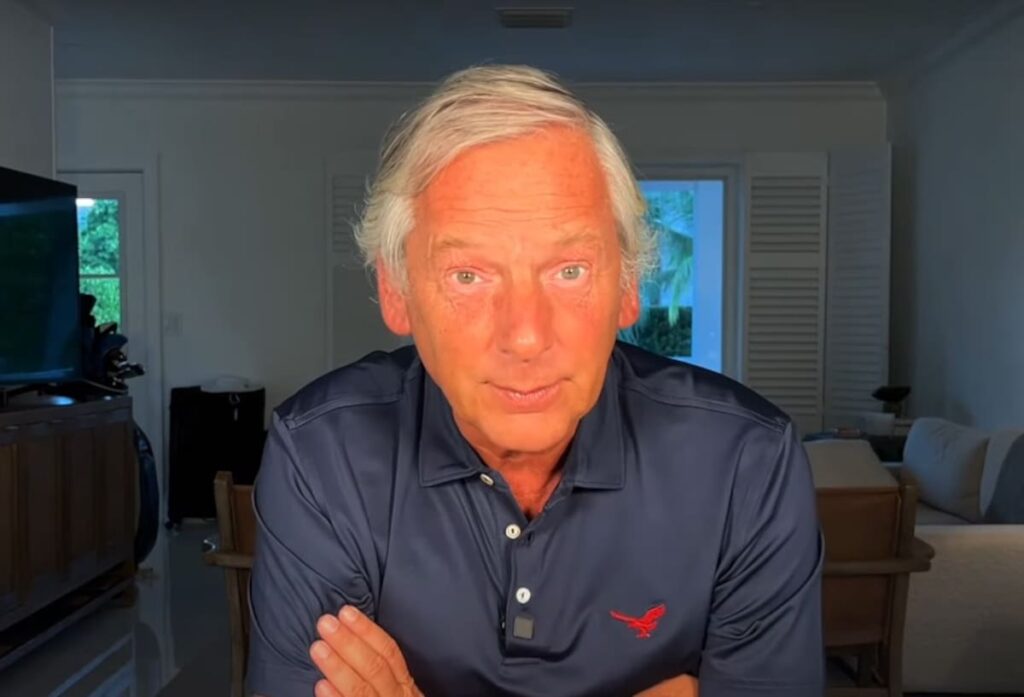The events that led to Joan Laporta’s decision not to renew Lionel Messi’s contract at Barcelona back in the summer of 2021 unfolded over a series of complex events.
These events, which ultimately led to the departure of the record Ballon d’Or winner from the club of his heart, were shaped by financial pressures and internal club dynamics and now SPORT has presented the full story behind what happened.
Laporta’s plan
Laporta won the 2021 presidential election in Barcelona thanks to two key promises: “I want to see you again” and “I will fix things with Messi at a barbecue.”
However, when Laporta took charge he found a club in crisis. The management of the previous board had left Barcelona in a disastrous situation, further aggravated by the serious financial consequences of the COVID-19 pandemic.
The League needed urgent financial support, and its president, Javier Tebas, found a solution in the form of an investment fund, CVC, which initially agreed to invest €1.9 billion (later reported to have reached €2.7 billion) in exchange for television broadcast rights. for the over 25 league.
Tebas, who was at odds with the president of Real Madrid, Florentino Pérez, needed Barcelona as an ally and that is why he organized a meeting with Laporta and businessman Jaume Roures.
The three met at lunch on July 3, where they laid the foundations for Barça’s participation in the CVC agreement. This agreement would also allow Laporta to fulfill his promise to Jorge Messi, Lionel Messi’s father, to renew the player’s contract.
A month later, on Monday, August 2, Tebas presented the details of the agreement with CVC to the clubs. However, it seems that Barça and Real Madrid were not fully informed.
In fact, Real Madrid seemed completely excluded from the deal, while Barça, as mentioned above, was already involved. It was then that Laporta’s plan began to fall apart, causing an irreversible outcome for Messi’s future at the club.
The involvement of Florentino Pérez
Upon receiving the details of the agreement with CVC, Florentino Pérez, president of Real Madrid, was furious. He had not been consulted and was not willing to give in to Thebes. He immediately called Javier de Jaime, CVC’s financial manager in Spain and Italy, demanding a meeting that same afternoon.
When De Jaime arrived at Pérez’s office, the president of Real Madrid asked him to explain. Perez could hardly believe what he was hearing.
At that time, CVC’s investment money, which in essence should be considered debt, seemed very beneficial for the investment fund, but very disadvantageous for the clubs.
Pérez considered that the television rights to a major competition like La Liga should be valued much more generously than what CVC was offering. Meanwhile, in Barcelona, Laporta continued with preparations for the signing of Messi’s renewal.
Pérez ordered his right-hand man, José Ángel Sánchez, to call Ferran Reverter, Barcelona’s general manager, to ask if he was aware of the CVC deal that Laporta had been negotiating with Tebas.
Sánchez spoke with Reverter, who confirmed that he had no knowledge of the operation. Laporta had kept the entire operation a secret, with the intention of revealing it only once Messi’s renewal was completed.
At that time, Messi was spending a holiday in Ibiza with friends and colleagues. His father, after receiving a call from Laporta, flew to Barcelona from Miami on Wednesday of that week.
Messi was scheduled to meet with Laporta on Thursday, August 5 at 4:00 p.m. at the Leo Messi Management office in the city. The agreement was ready to be notarized and, that same afternoon, the media would witness the legend signing documents on the Spotify Camp Nou field.
Even the official press release was written and ready to be sent to the media, announcing the renewal of the Argentine star. However, this announcement would never see the light of day.
The Reverter Phone Call That Changed Things
Reverter was now faced with a crucial dilemma: should he inform Laporta or turn to José Elías, the main sponsor of Laporta’s presidency, who had invested almost €40 million of his money to ensure his victory in the elections?
Reverter chose to call Elías first, which would end up causing a major rupture with Laporta. He became furious when he learned the details of the agreement with CVC and told the president of Barça that if he continued, Elías would withdraw his support immediately.
Laporta had no choice but to comply with Elías’s demands, since failure to do so would jeopardize his presidency. This marked the end of Messi’s renewal, since Laporta lost the financial support necessary to fulfill his electoral promise.
Messi’s last attempt
Despite the growing difficulties, Laporta was still trying to save the situation. Messi’s father, Jorge, had arrived in Barcelona, and Messi himself was waiting in Ibiza. Laporta needed more time to explain that what was promised could not be fulfilled.
He publicly blamed CVC, claiming that accepting the deal would have mortgaged the club for 25 years.
From Messi’s camp there was no understanding about the sudden change of plans. Everything was agreed. Jorge even told Laporta that his son was willing to stay at Barcelona under any conditions, as long as it was not a financial issue.
However, at this point Laporta had already made his decision, ruling out the operation with CVC. He was not going to back down and, as a result, Messi’s departure became inevitable.
The non-renewal of the Argentine forward was not just a question of money; there was much more. In the end, it was a series of miscalculations that caused Laporta’s plan to fail, forcing Barcelona and Messi into a painful separation.

 Workout
Workout
 Meditation
Meditation




 Contact Us
Contact Us
